Wondering if you or someone you love may have ADHD? With one adult ADHD diagnosis and three ADHD teens/children in our family, I’m familiar with the process and can guide you through it. Here’s our guide for who to talk to about ADHD, diagnosis, and finding a treatment plan that works.
This post contains affiliate links. As an Amazon Associate I earn from qualifying purchases made from the links on this site, at no extra cost to you. Thanks for supporting our family business!
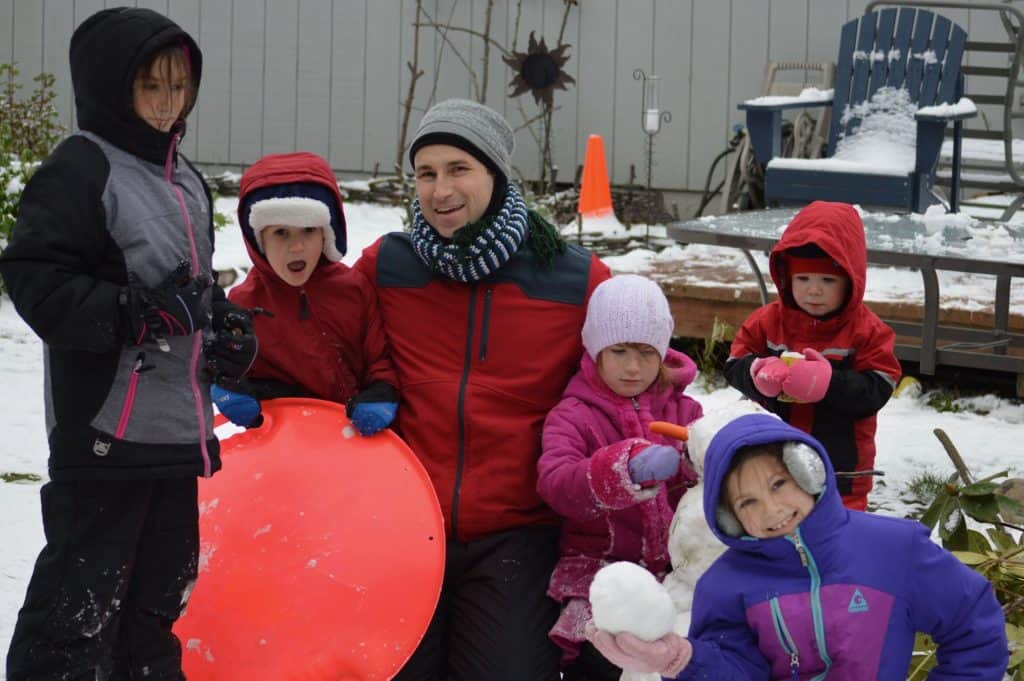
Disclaimer: I am not a mental health professional, nor a medical doctor. This post is not meant to be considered professional medical advice. I am simply sharing our family’s experience with ADHD.
Table of Contents
Our Family’s ADHD experience
My husband and three of our six children were diagnosed with ADHD in 2019. It’s not uncommon for multiple family members to receive a diagnosis of ADHD. It often happens that the parents of children with ADHD discover that they have adult ADHD.
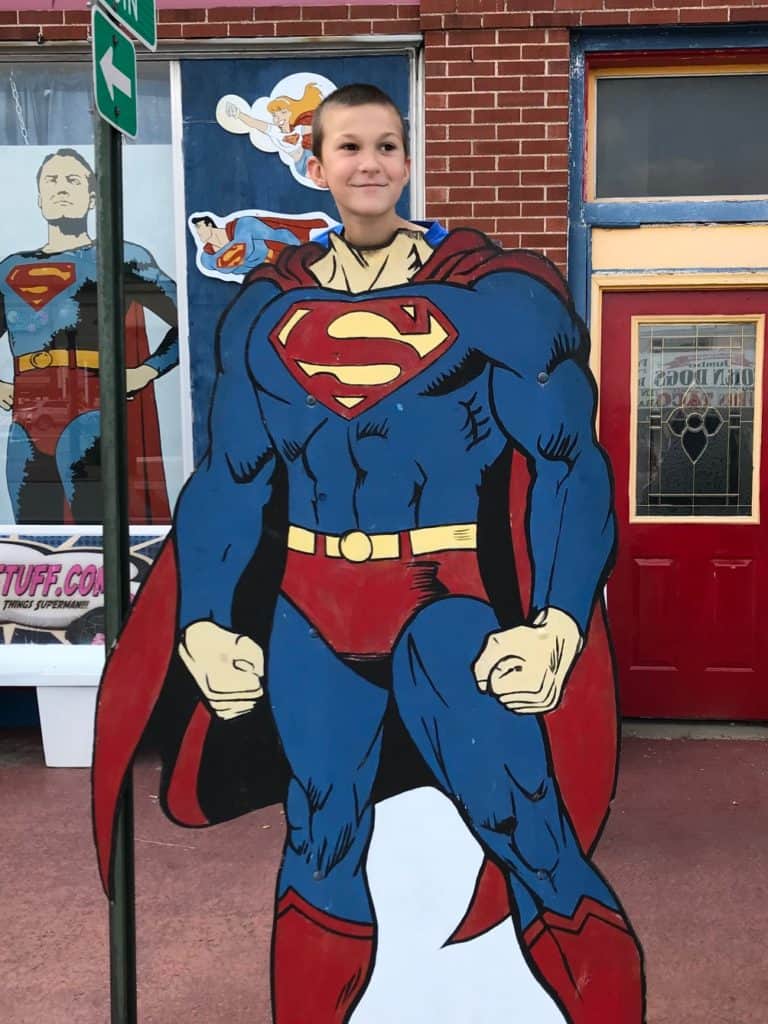
That was our experience. The good news is that once we got the ADHD diagnoses, we could plot a course for effective treatments. We made many changes to the daily life of our family, which have benefited our ADHD kids as well as our neurotypical kids.
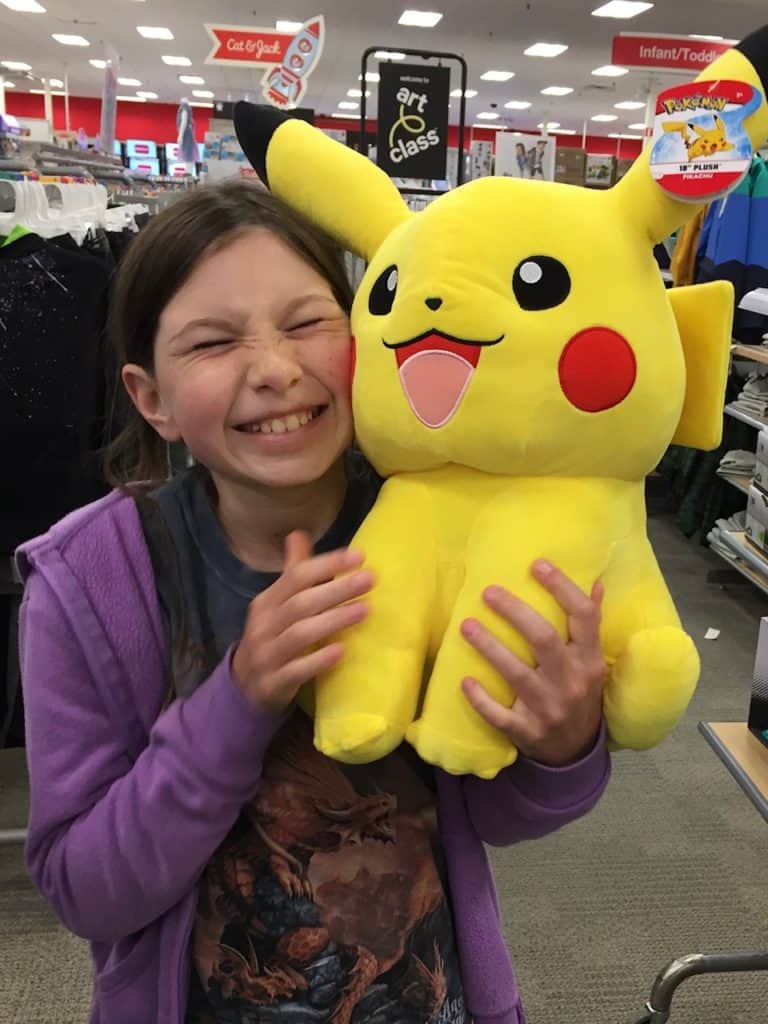
What Causes ADHD?
The exact cause of ADHD is unknown. It is believed to be caused by a combination of genetic and environmental factors. Some risk factors for developing ADHD include:
- Having a parent or close relative with ADHD
- Exposure to toxins such as lead
- Premature birth or low birth weight
- Brain injuries
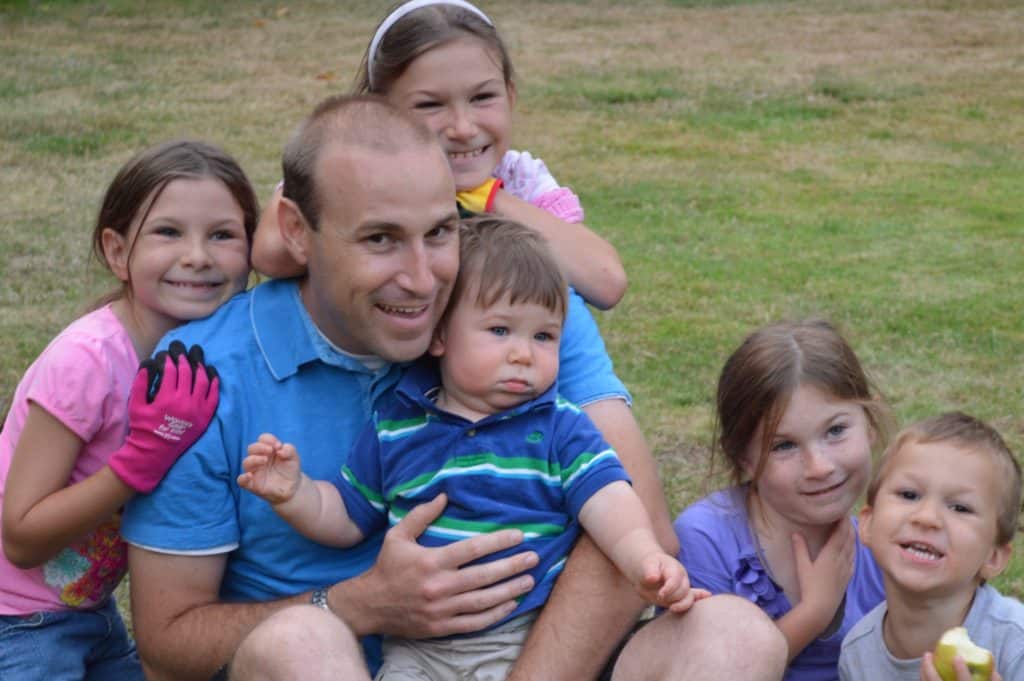
Symptoms of ADHD
Adult ADHD symptoms
Adult Attention Deficit Hyperactivity Disorder (ADHD) symptoms look very different from ADHD symptoms in children because adults with untreated ADHD have learned effective ways to fit in socially, a behavior known as masking. A thorough evaluation for adult ADHD will include questions about symptoms of ADHD that were present in childhood.
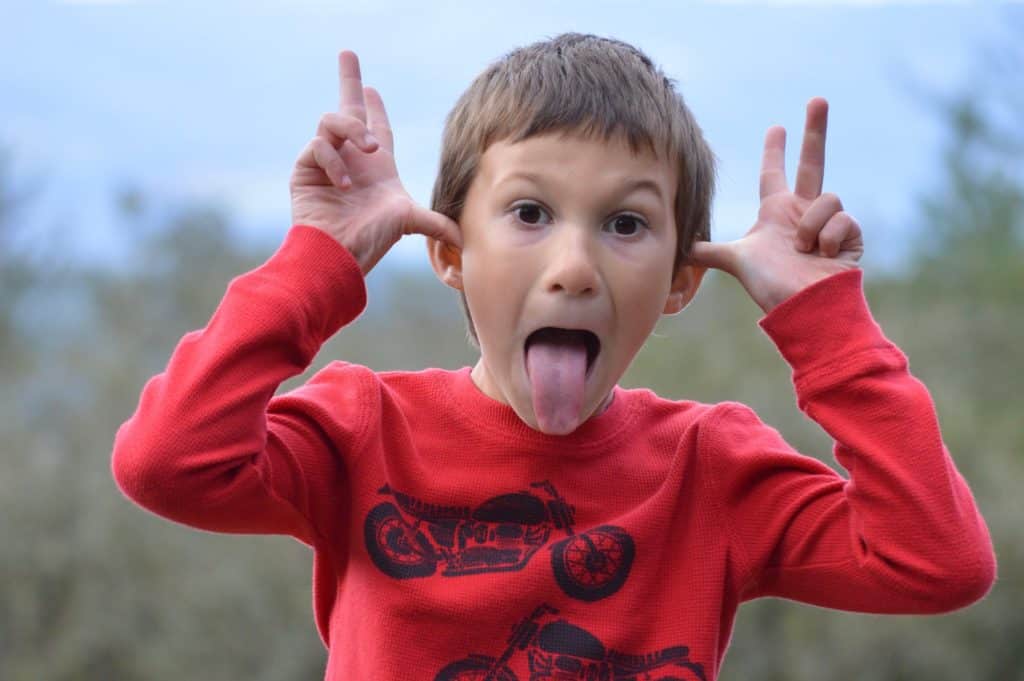
Adult ADHD evaluations look for the following symptoms:
- Difficulty concentrating
- Easily distracted
- Poor time management skills and organizational skills
- Procrastination
- Impulsive behaviors
A picture of Adult ADHD
When my husband and teen daughter took their adult ADHD self-assessment, the assessment included questions about self-image and social problems. That’s because people with ADHD frequently experience low self-esteem and can have a hard time with appropriate behaviors in social situations.
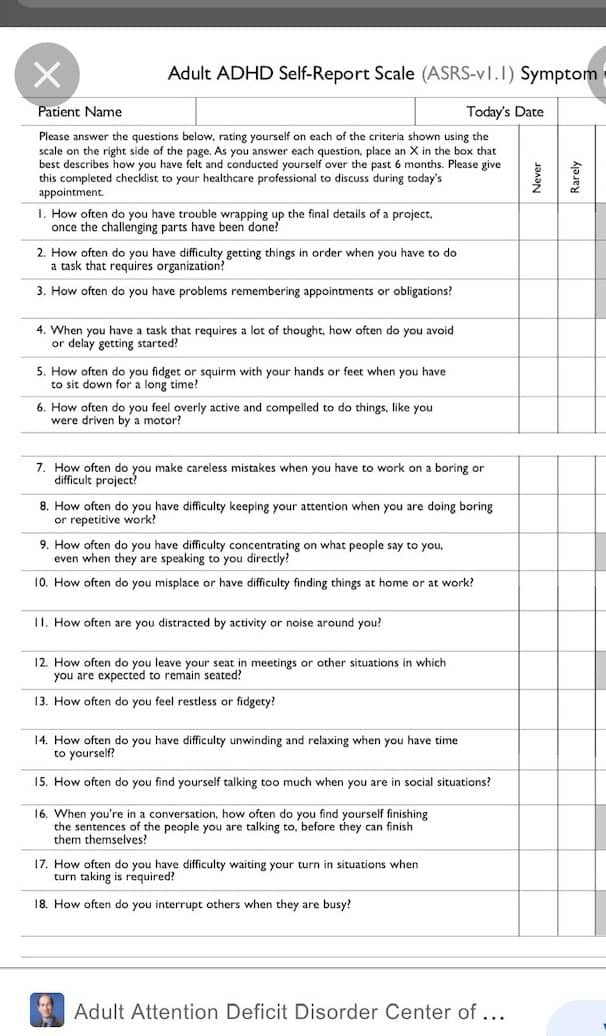
Brian has written a post specifically about what ADHD looked like for him as an untreated adult, as well as recorded a video (linked previously in the post). Check those out if you need a more concrete picture of untreated adult ADHD challenges.
@dinkumtribe ADHD Family Diagnosis: Why a professional diagnosis is important. #adhdfamilyissues #adhdfamilylife #adhdfamilies #adhdparentquestions #adhdteenager #dinkumtribe_adhd #travelwithkidsblog #adhdtraveler #howtoadhdmom #adhddadlife #ouradhdjourney ♬ original sound – dinkumtribe
Getting an accurate diagnosis
Other mental health conditions can look like ADHD and may have similar symptoms. Qualified health providers can work through the diagnostic criteria for these symptoms and help you figure out exactly what you’re dealing with. If you have been diagnosed with any of the following conditions, you should also talk to a doctor to rule out ADHD:
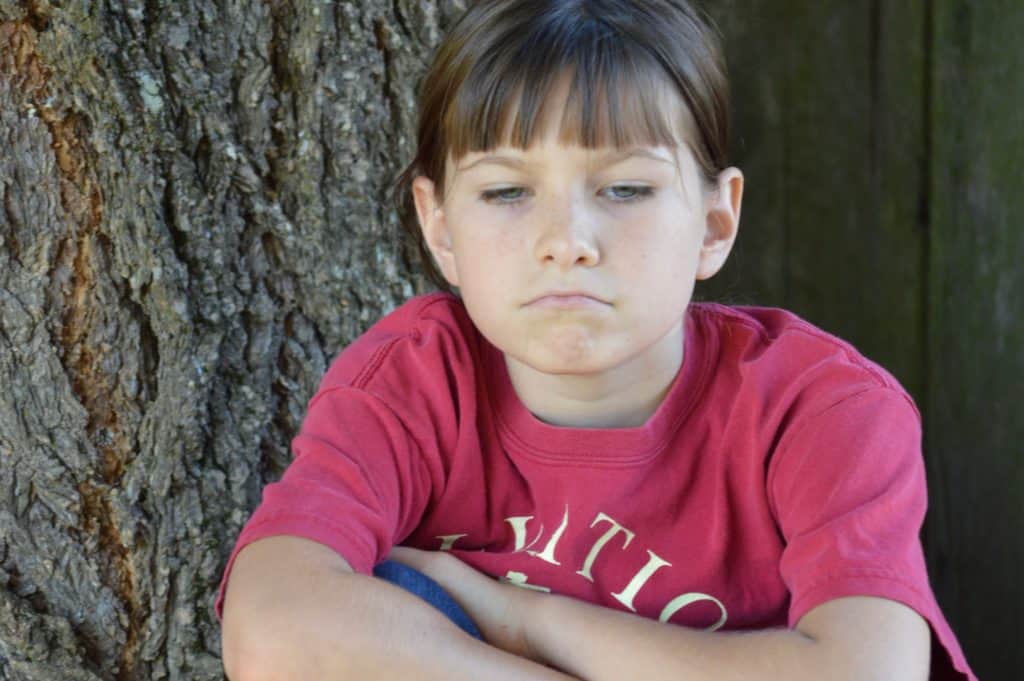
- Anxiety disorders
- Bipolar disorder
- Depression
- Obsessive-compulsive disorder (OCD)
- Post-traumatic stress disorder (PTSD)
The irony here is that you can have any of these mental health disorders as well as ADHD! More than one person in our household struggles with ADHD and anxiety, or ADHD and depression, which is why it’s so important to work with a healthcare provider to get accurate diagnoses.
Symptoms of ADHD in children

ADHD symptoms in children are different from ADHD symptoms in adults. In children, the most common symptoms include:
- Difficulty paying attention and trouble concentrating
- Highly distractible, struggle to complete tasks
- Hyperactivity
- Impulsiveness/ increased risk-taking behaviors
Assessment procedure for ADHD in children: who to talk to about ADHD
No single test can give a definite diagnosis of ADHD. The Vanderbilt Assessment used by most medical professionals to diagnose ADHD will include three identical assessments. Usually, one is filled out by the parent/ guardian, and two should be filled out by the child’s teachers. This allows the behaviors to be assessed in two different environments, school, and home.
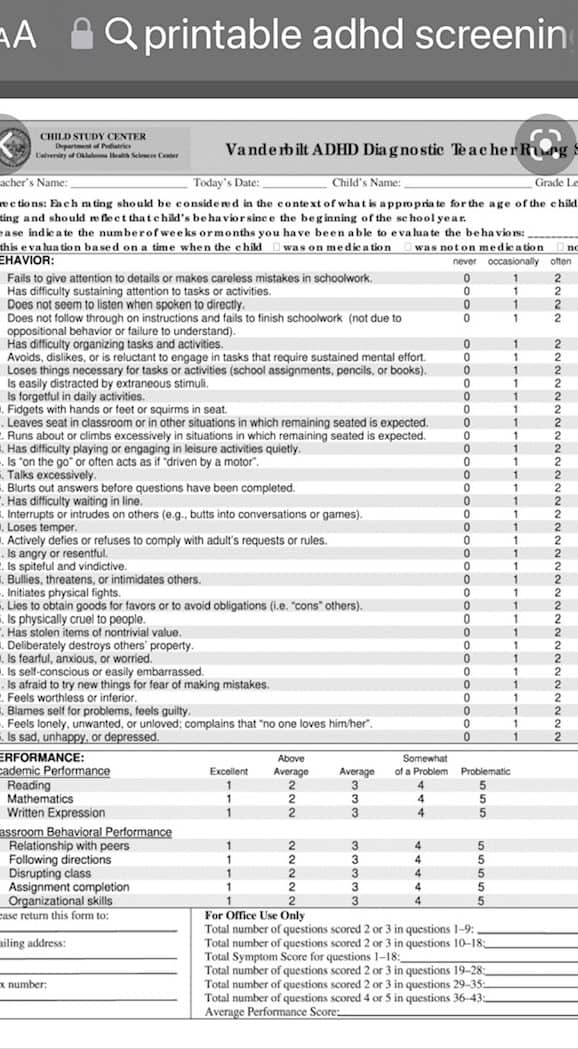
Since our children are homeschooled, our child’s doctor allowed my husband and me to fill out two parent assessments. Then we requested our child’s piano teacher, Sunday school teacher, or a homeschool co-op teacher to fill out the teacher assessment.
At what age can children get an ADHD diagnosis?
Due to the nature of the assessment, many doctors won’t evaluate young children for ADHD. Our doctor was willing to offer an assessment for our young son because there was such a strong family history of ADHD. However, we chose to wait until our son was 7 before getting him assessed because we wanted to see if he would grow out of the behaviors.

In hindsight, that wasn’t a good choice. He continued to struggle socially and our family relationships were strained for a long time because of those challenges. Getting an ADHD diagnosis only confirmed what we already knew.
Our oldest daughter has written several posts about her experience as a teen girl with ADHD. She describes many of the challenges she faced before getting her diagnosis and explains how important it was for her self-esteem to learn about her ADHD. If you have a child or teen with ADHD, or who you suspect has ADHD, her posts will be helpful for you.
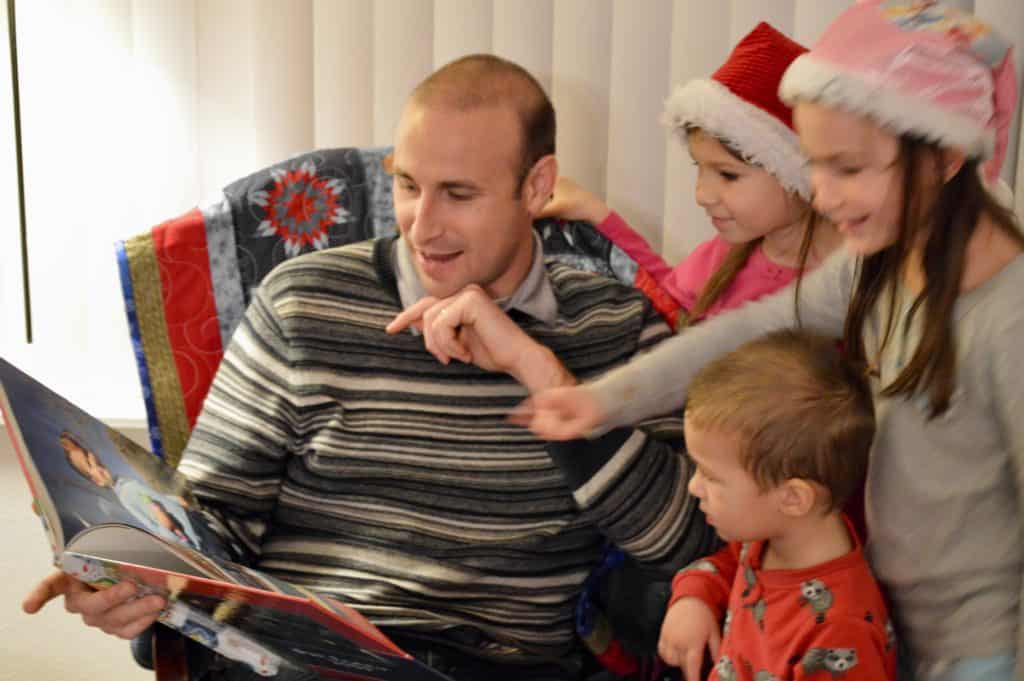
The importance of ADHD diagnosis
I’ve talked to several adults in their 20s, 30s, and older who ask: “What’s the point of me getting an ADHD diagnosis now?” There seems to be a misconception that ADHD diagnosis is only helpful for kids and their parents.
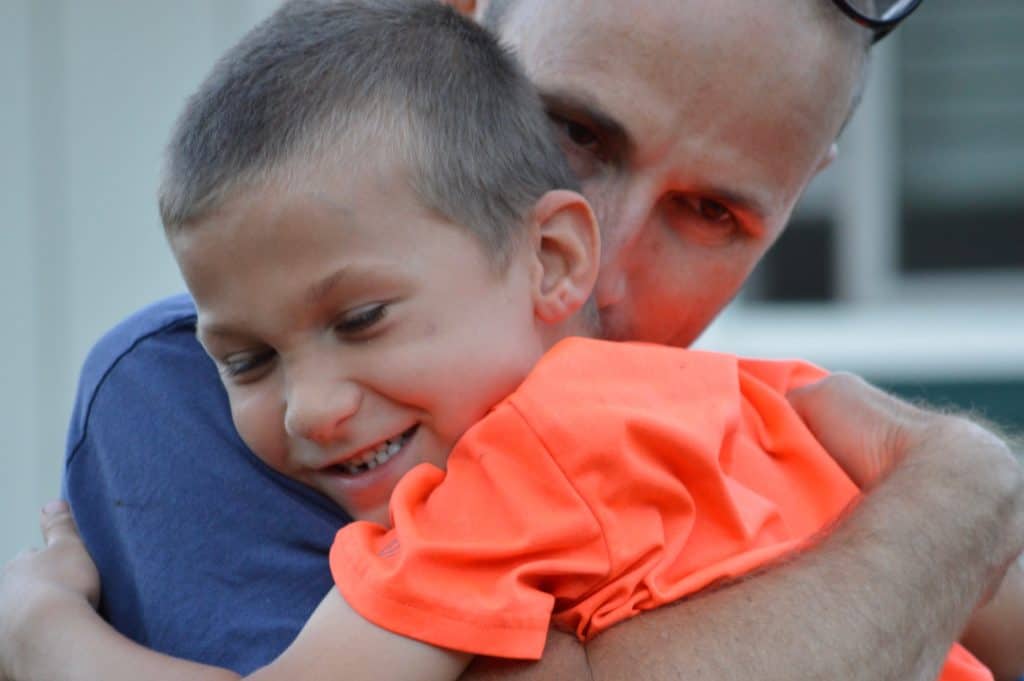
If you are wondering that, I strongly urge you to pursue diagnosis and treatment. Over the last 30 years, as ADHD has been studied more, there is a mountain of evidence to demonstrate that adults with untreated ADHD continue to struggle in many areas of adult life.
I also highly recommend the book Driven to Distraction, by Ed Hallowell and John Ratey. Most of the following facts came from this excellent resource.
Risks of untreated ADHD
The risks associated with untreated ADHD include:
– Accidents: car accidents, personal injuries, and other accidents. Adults with untreated ADHD are statistically more accident-prone. They also tend to get more speeding tickets and other vehicle issues. It makes sense when you realize that inattentiveness and risk-taking behavior (impulsivity) are hallmarks of ADHD.

– Anxiety: all the procrastination and stress of missed assignments, plus the disorganization and lack of time management skills, create a heap of anxiety! Furthermore, the lack of social skills that many ADHDers deal with can greatly increase social anxiety.
– Depression: self-esteem takes a major hit with ADHD. Similar to the anxiety issues above, it can become depressing when an ADHDer constantly misses deadlines, fails to complete tasks, and so on. ADHDers are also at higher risk of suicide, so treating ADHD can be an important part of suicide prevention strategies. NOTE: if you are struggling with suicidal thoughts, please contact one of the mental health support hotlines listed here, or dial 911.
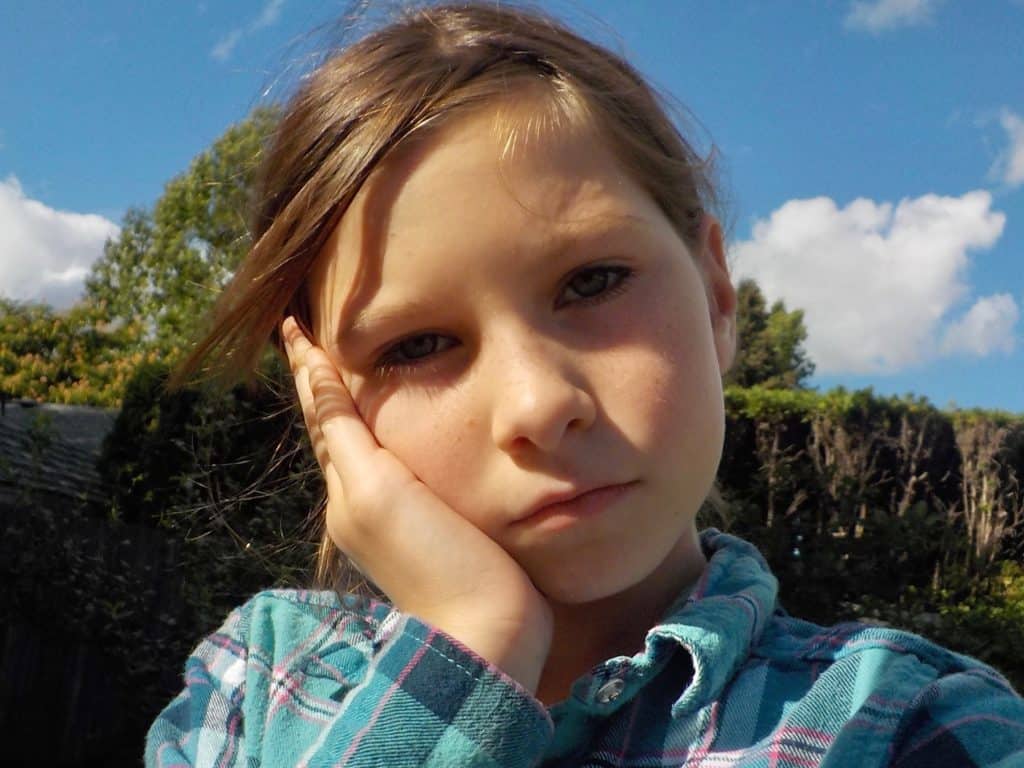
– Addictions and Substance abuse: the statistics on this are seriously scary! Many people with untreated ADHD end up self-medicating and substance abuse disorders are not uncommon.
– Relationship problems: divorce rates among ADHders are much higher than the general population. ADHDers are also at increased risk for a conduct disorder. Having untreated ADHD is one of the risk factors for delinquency and later criminal behavior as well.
As a mom of three ADHD kids, and a wife married to an ADHD spouse, I can say with certainty that getting ADHD diagnoses and treatment has made a huge impact on our daily life! It doesn’t solve all the problems, but it does help us find solutions that work more effectively. Learning about ADHD has also helped everyone in our household to handle things with more grace and patience.
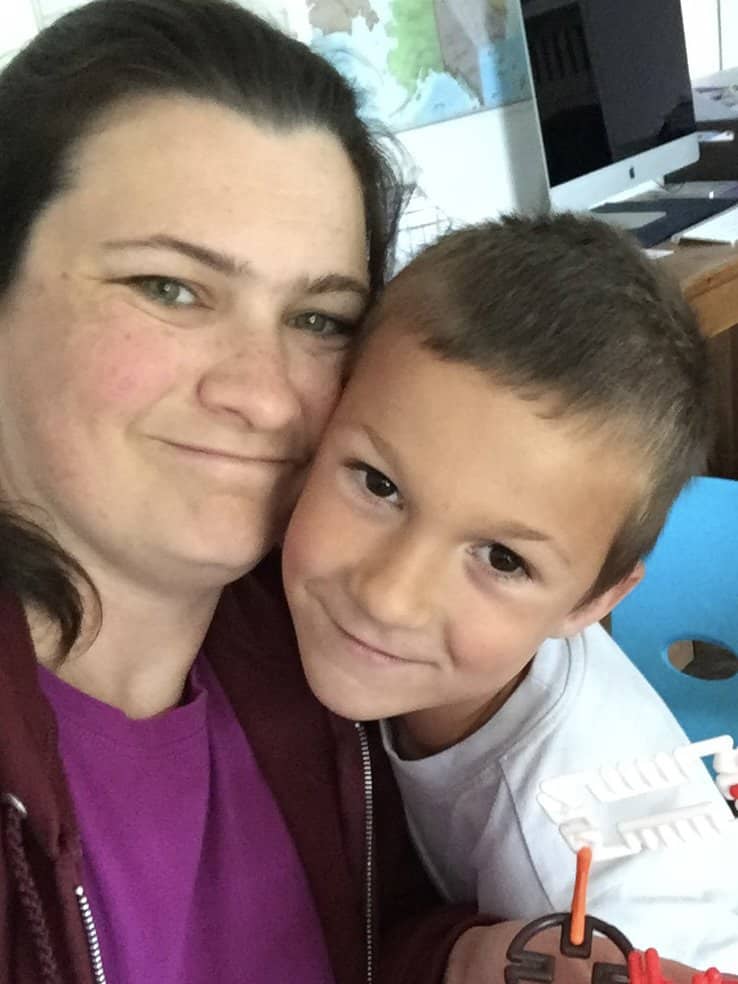
Starting the Diagnosis process: who to talk to about ADHD
If you think you or your child may have ADHD, the first step is to talk to a doctor. Your primary care doctor or family doctor can screen for ADHD and rule out other conditions. If they suspect ADHD, they may refer you to a mental health professional for psychological tests as well.
My husband’s doctor spent a lot of time talking to him about his childhood. This was an important part of the ADHD diagnosis and helped to rule out other similar disorders.
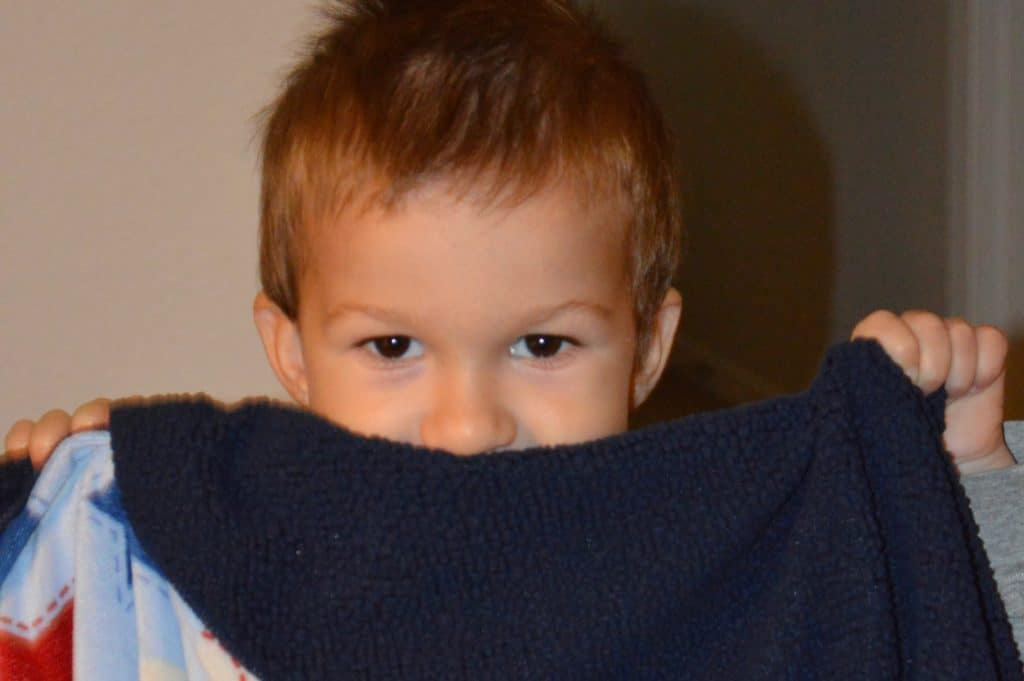
Since my husband had already completed several years of counseling for family trauma, the doctor was willing to move forward on medication for my husband immediately. Your doctor may want you (or your child) to try certain therapies or behavioral interventions before trying medication.
ADHD Treatment options
ADHD treatment can vary depending on the severity of symptoms. Treatments may include:
Medication
Stimulant drugs are the most common type of medication prescribed for ADHD. Non-stimulant medications are also an option, but they tend to be less effective.
Note that ADHD medications usually have side effects, so you should stay in close communication with your doctor while taking them. And don’t miss your (or your child’s) annual physical exam! Two of our children struggle to gain weight appropriately with their ADHD medication, so we make sure to watch them carefully.
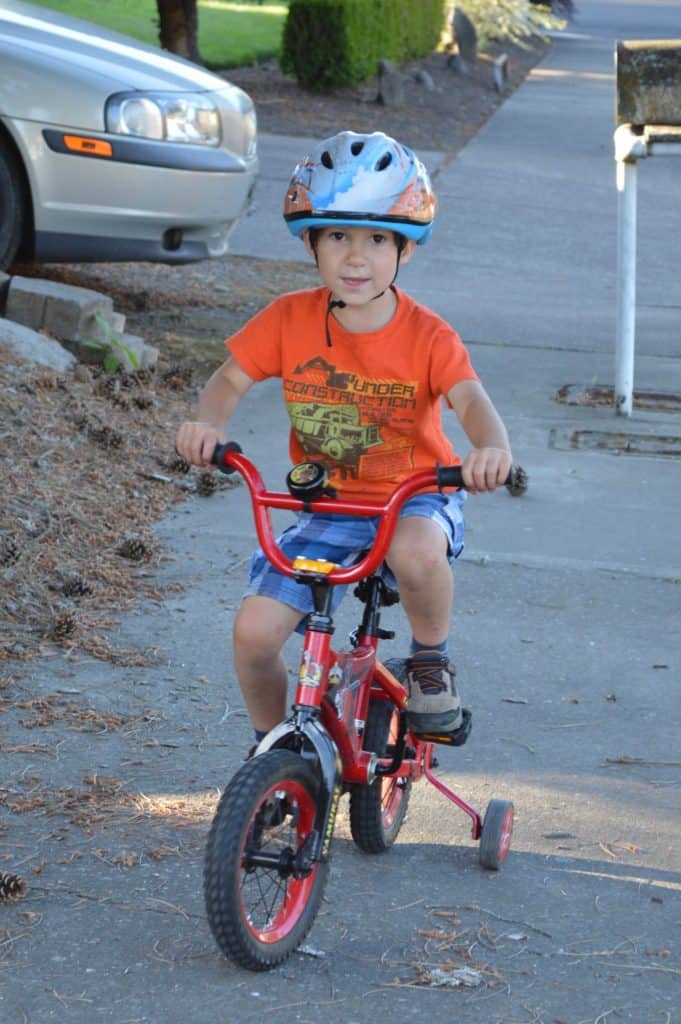
Some medications may also result in mental health changes. It can take several tries to find the right medication for managing your ADHD that gives the benefits with the least possible side effects.
Psychotherapy
Cognitive-behavioral therapy (CBT) is a common type of therapy used to treat ADHD. CBT can help you learn how to manage your symptoms and make lifestyle changes. Professional counseling and family therapy can also be helpful.
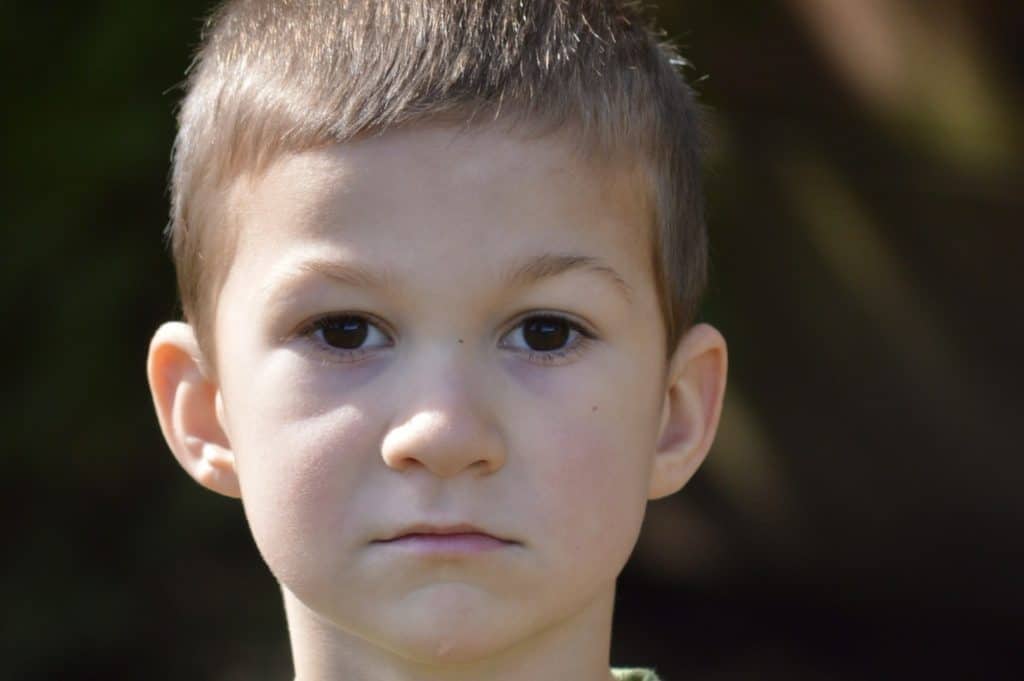
School accommodations
If your child has ADHD, they may be eligible for accommodations at school. These accommodations can help your child succeed in the classroom, and in the US your child’s school has a legal obligation to provide them to your child.
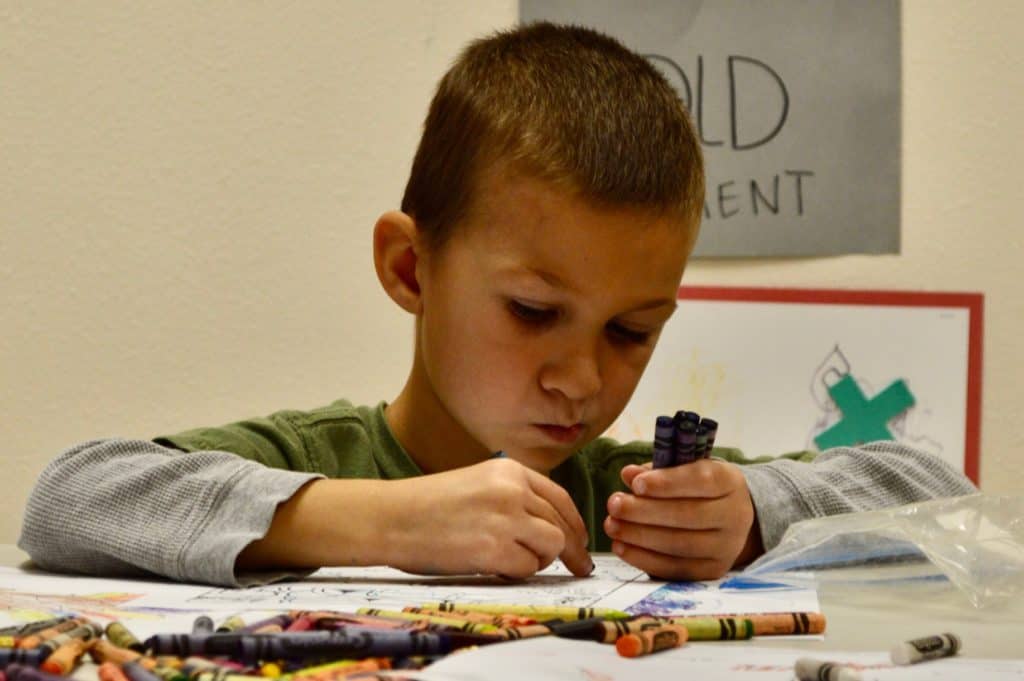
Working with your child’s school is an important part of managing their ADHD. Many schools also have resources and support groups available for families dealing with ADHD.
Parent training
There are many different types of parent training programs available. These programs can teach you how to best support your child with ADHD. Coaching services exist for ADHD families as well.
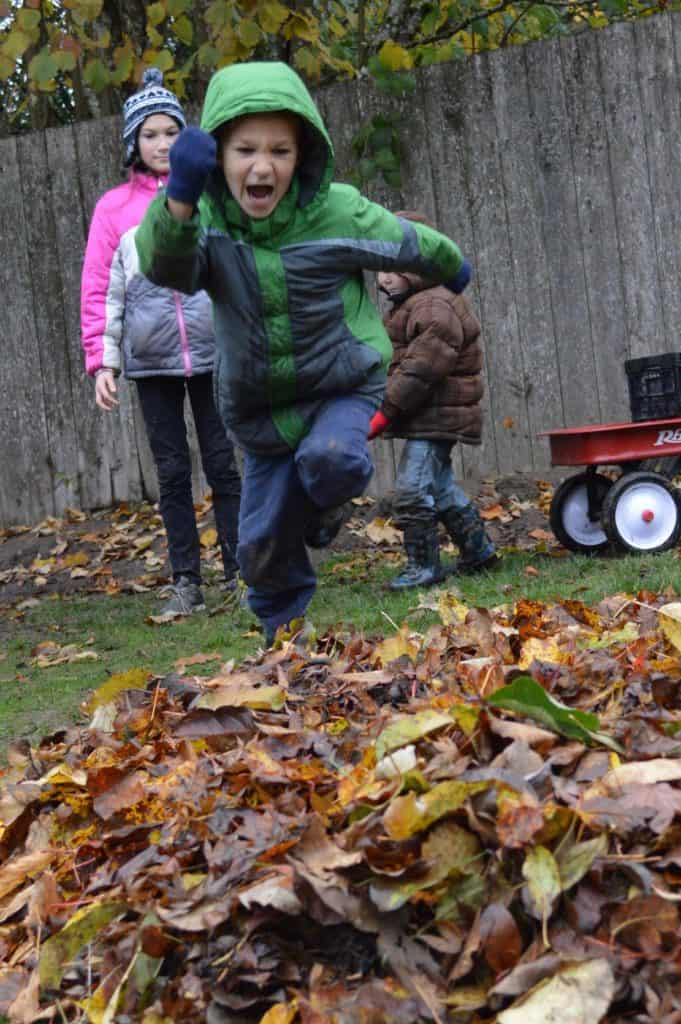
Family support
It’s important to recognize that it’s not just the person who has ADHD that is affected by ADHD. Getting an ADHD diagnosis and finding appropriate treatments is a great starting point. However, it is equally as important for the non-ADHD family and household members to be cared for in this process.
@dinkumtribe #adhdfamilies #adhdfamilylife #adhdchallenges #adhdparentquestions #adhdchildren #adhdkids #adhdkiddos #adhdteenager #adhddiagnosing #adhddiagnosis #adhdandgrief #marriedtoadhd #adhdspouse #lossandgrief #mentaladvocate #familieswithadhd #marriageandadhd ♬ original sound – dinkumtribe
As a mom, finding out that our children had ADHD left me with a huge amount of guilt and grief. I felt guilty for not recognizing their needs sooner. And guilty for not following through on my instincts immediately when I began to suspect that there was more to the behavior challenges.
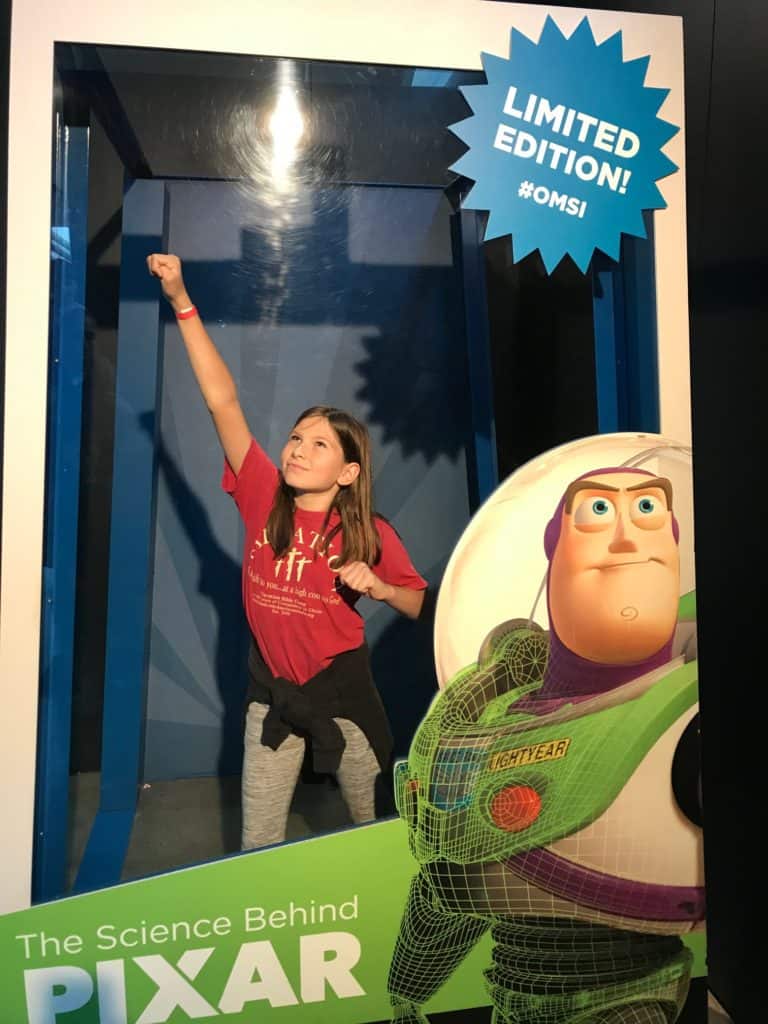
Since my children are neurodivergent, they will likely always struggle to be accepted in a world that is designed for neurotypical people, and that grieves me. I mourned the lack of acceptance they had already experienced from so many people: peers, friends, relatives, other adults, and even myself before I understood what was going on.
Sorting through the feelings
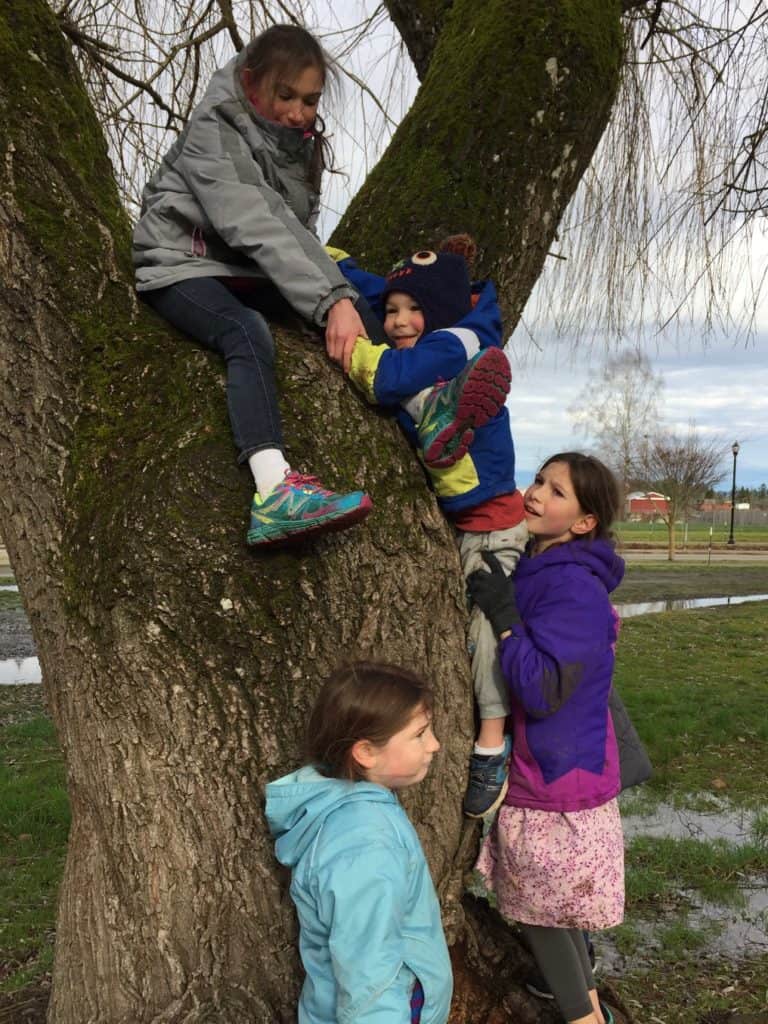
My non-ADHD children have needed space to talk about their frustrations with their ADHD siblings. My ADHD children have needed space to talk about their feelings of grief, rejection, and hurt when others are impatient, or when they can’t meet the unreasonable expectations that society puts on children.
@dinkumtribe Reply to @nice_kareng this needs to be talked about more, thanks for saying it! #adhdfamilies #adhdchallenges #adhdfamilylife #adhdparentquestions #adhdchildren #adhdkids #adhdkiddos #adhdteenager #adhdsupport #adhdfamilyissues #adhdparentingproblems #adhdparentingtips #adhdparentsofadhdkids #adhdparentcoaching ♬ original sound – dinkumtribe
As a spouse of someone with ADHD, I have had to sort through my expectations of how life would look. Counseling was a huge help to me in sorting through these feelings in a healthy way. Educating myself about ADHD helped me to figure out what issues were caused by ADHD, and what issues were separate from ADHD.
Final notes
The process of getting an ADHD diagnosis can be long and frustrating. There are many different treatments for ADHD, and what works for one person may not work for another.

If you or your child has been diagnosed with ADHD, know that you are not alone. There are many resources and support groups available to help you on this journey. I hope this guide has helped get you started with who to talk to about ADHD. Thanks for reading!
© Copyright Jennifer D. Warren 2022
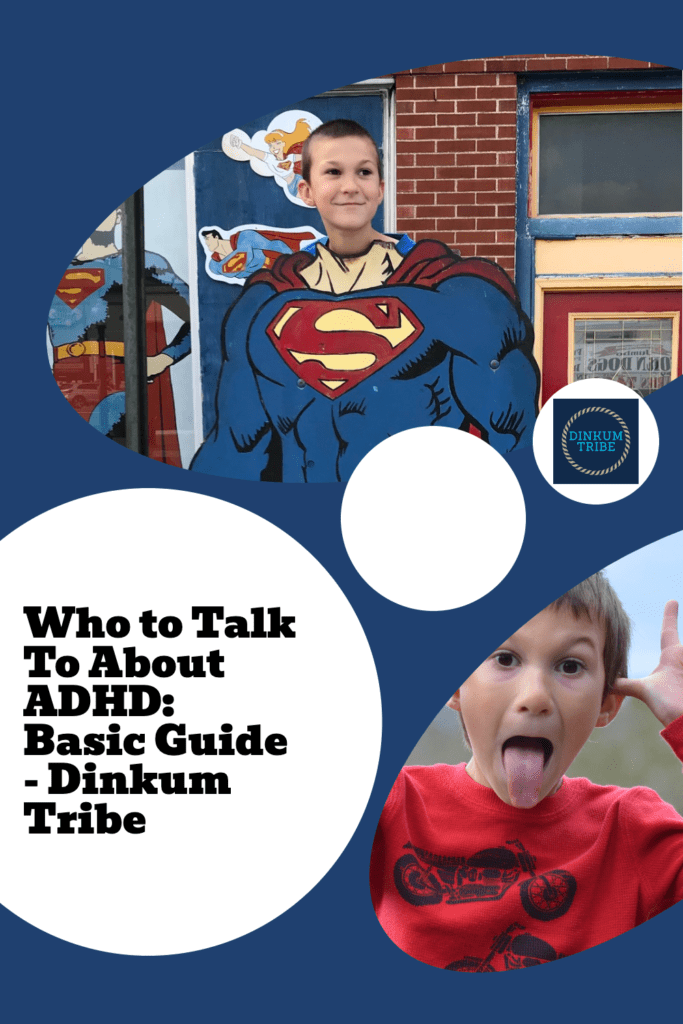
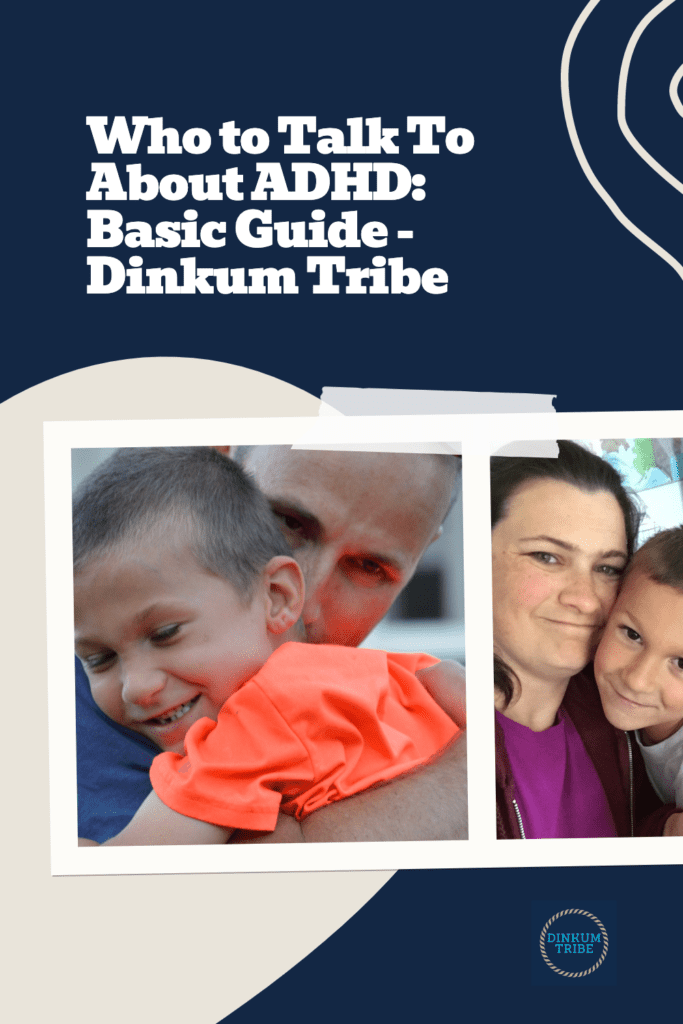
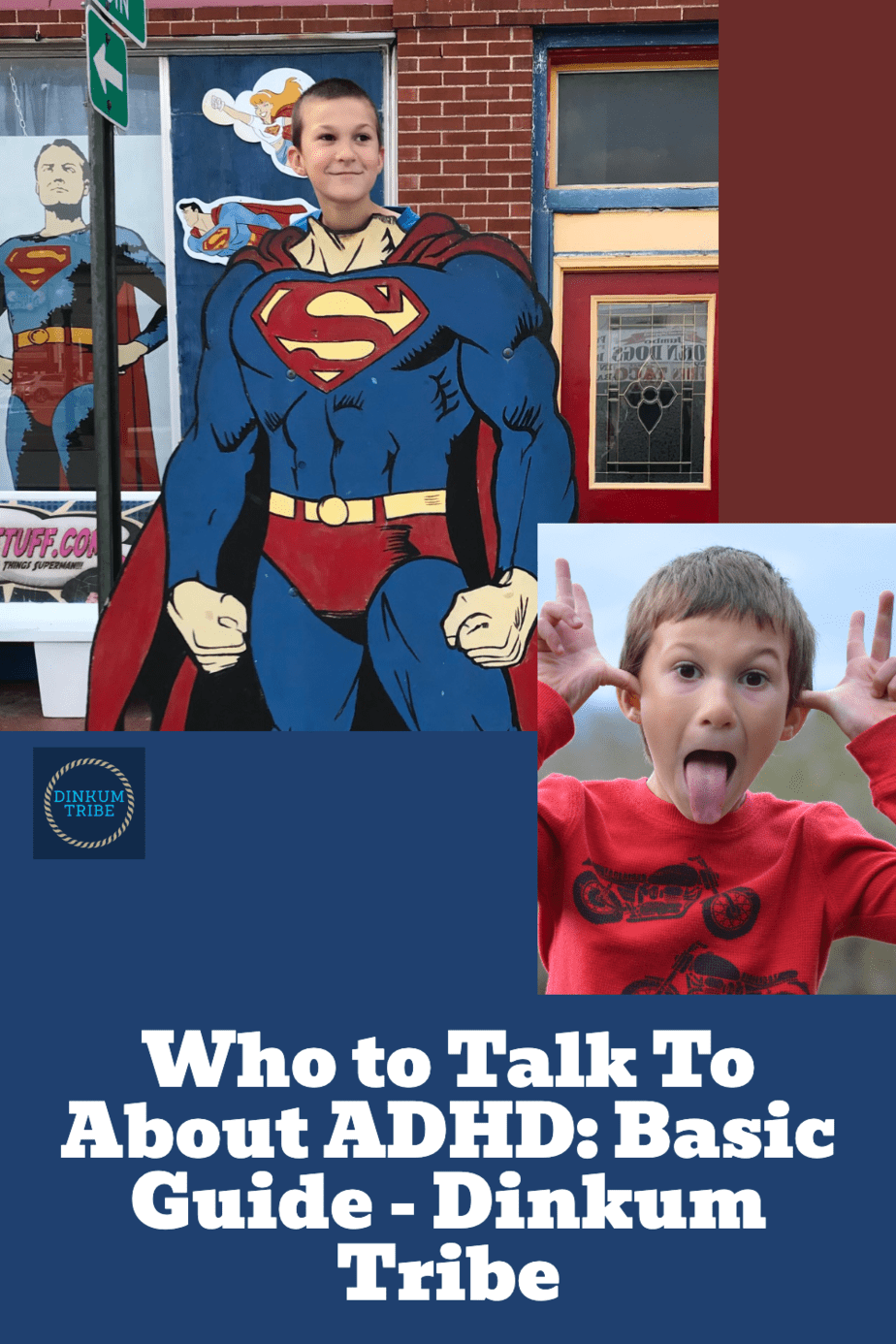
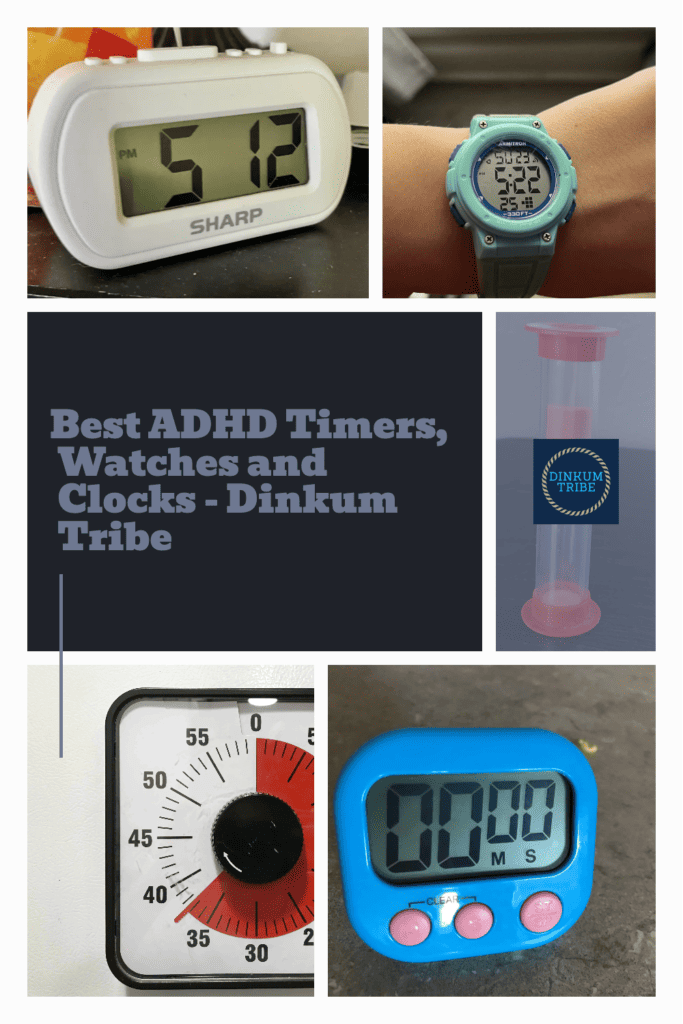
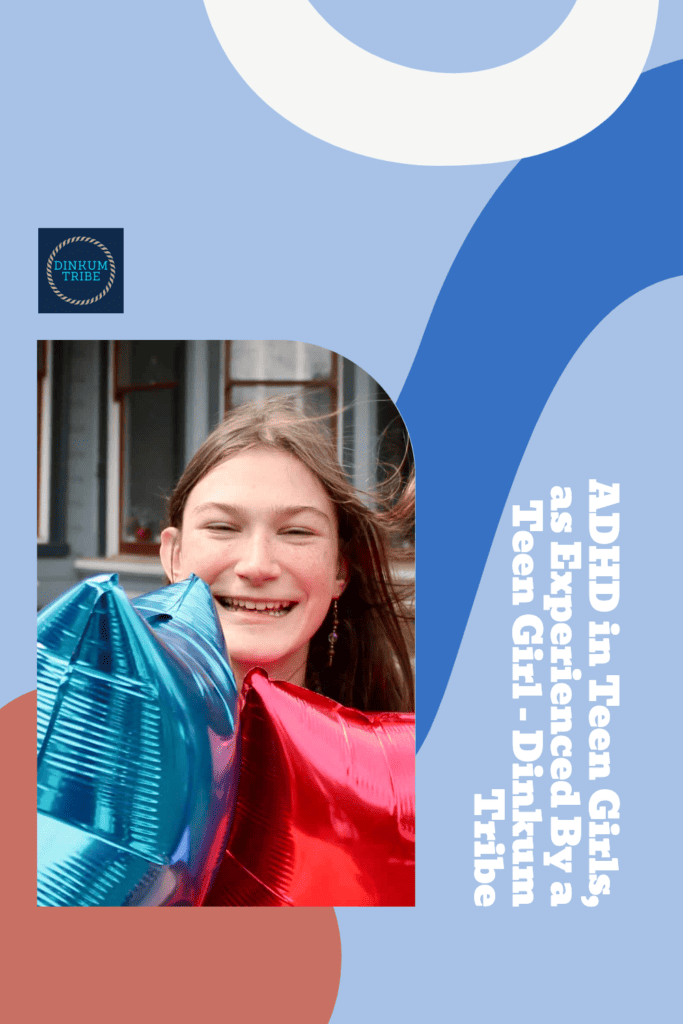

My fiancé struggles with untreated ADHD. He was diagnosed when he was 3 and even 27 years later, still can’t find a medication that works for him. He’s drastically improved over the last few years just from educating himself about it and becoming aware of his symptoms, but I know there are days which he still has a tough time. Thank you for sharing this!
So hard – medication can be a lifesaver, but I also have friends who haven’t been able to find one that works for them, and it’s really hard. Hope he finds some good solutions!
Thanks for the information, many people don’t know much about ADHD. Also, I appreciate that you present it from the perspective of a family member that has to deal with it daily.
Thanks for stopping by!
Thank you for all these resources and honesty that you guys, the entire family, present when discussing this difficult issue. Many blessings to you, your husband, and you entire tribe.
Thank you friend!
I am finding it hard to express my feelings about this fully…I applaud you and your family for taking action, whilst also feeling saddened by the struggles you have endured and know are still probably present… and that’s for everyone in the family…from reading your families work I can happily say you and your husband have raised some amazing young individuals that will go far in this world. Take care
Aw, thank you so much! ❤️
This really opened my eyes. ADHD is something many people think they understand but they really dont understand. Talking about these is very important!
Absolutely agree.
Thank you for sharing this. My son also has ADHD and struggles with some of the same things.
It can be really difficult, we are thankful to be finding some good supports – I hope your son can find good support too.